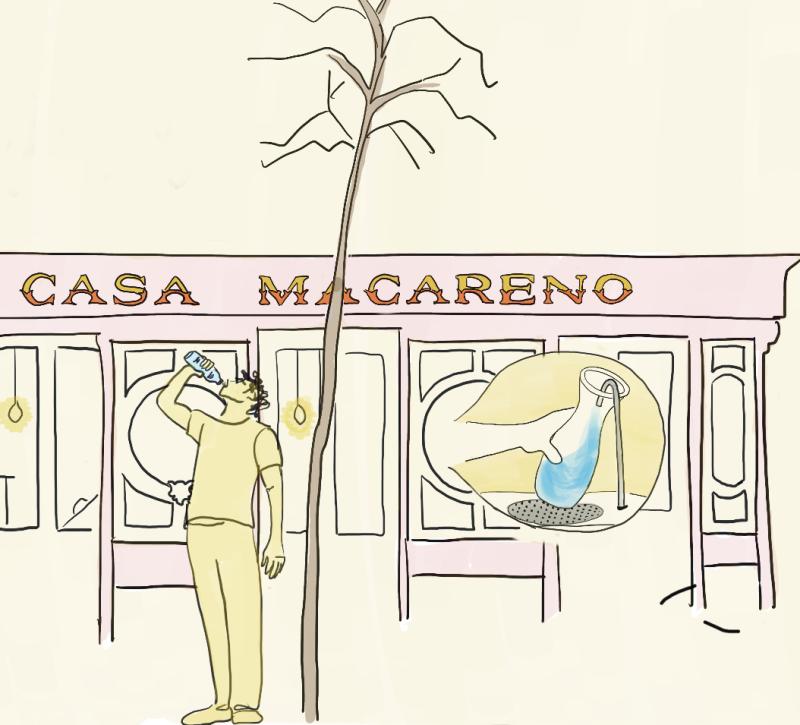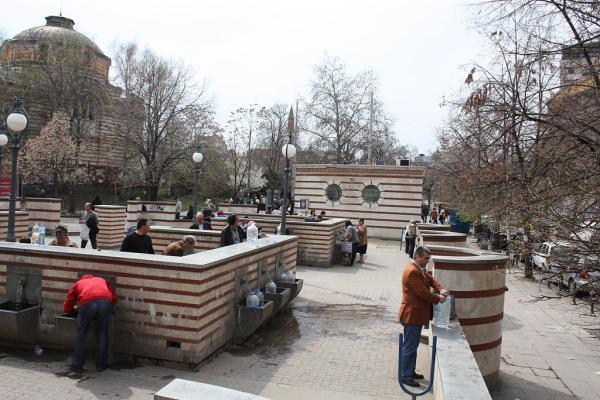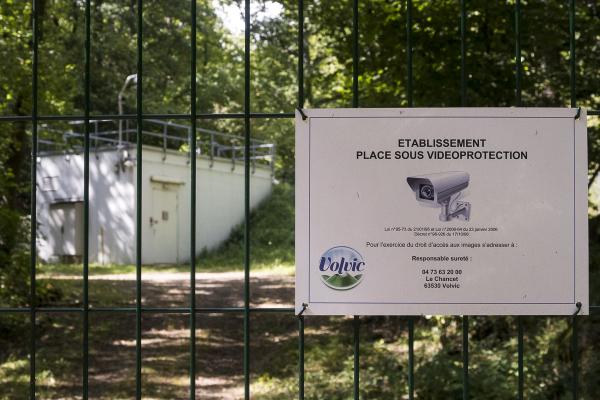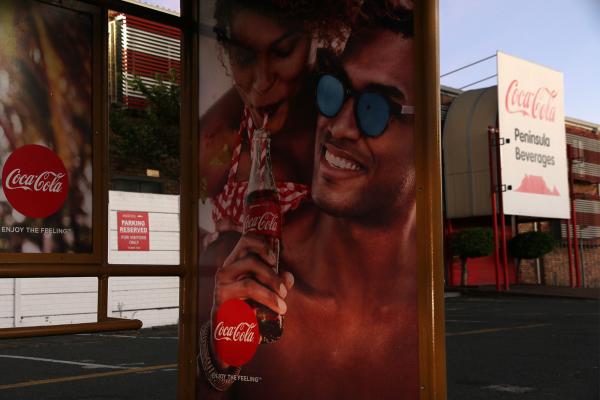This series explores the cycle of production, consumption and recycling of bottled water in the EU, looking at the stories of those most closely connected to it, examining public policies and addressing the limits of a circular economy. It tackles some of the most pressing issues, such as the environmental impact of an industry heavily dependent on fossil fuels, the relationship with public tap water services, the rooted belief that mineral water is a staple of a healthy lifestyle and the potential effects of recent water regulations in the EU.
On December 16, 2020, after three years of back and forth, the European Parliament formally adopted the revised Drinking Water Directive. This legal act reinforces water quality standards, tackles emerging pollutants, ensures better access to clean water for vulnerable groups and promotes the use of tap water to reduce plastic bottle consumption. EU States have two years to bring these measures into national legislation. Meanwhile, European administrations are already studying how to implement another directive designed to make the business of drinking water more sustainable - the Single-Use Plastics Directive (adopted in June 2019) - which aims to increase recycling in all countries.
Will these regulations turn the boom of bottled water into one that no longer takes a growing toll on the environment or will they bust it? Inside Europe's strongly integrated market, each country is facing its own challenges.
Photo image: Francesca Berardi







